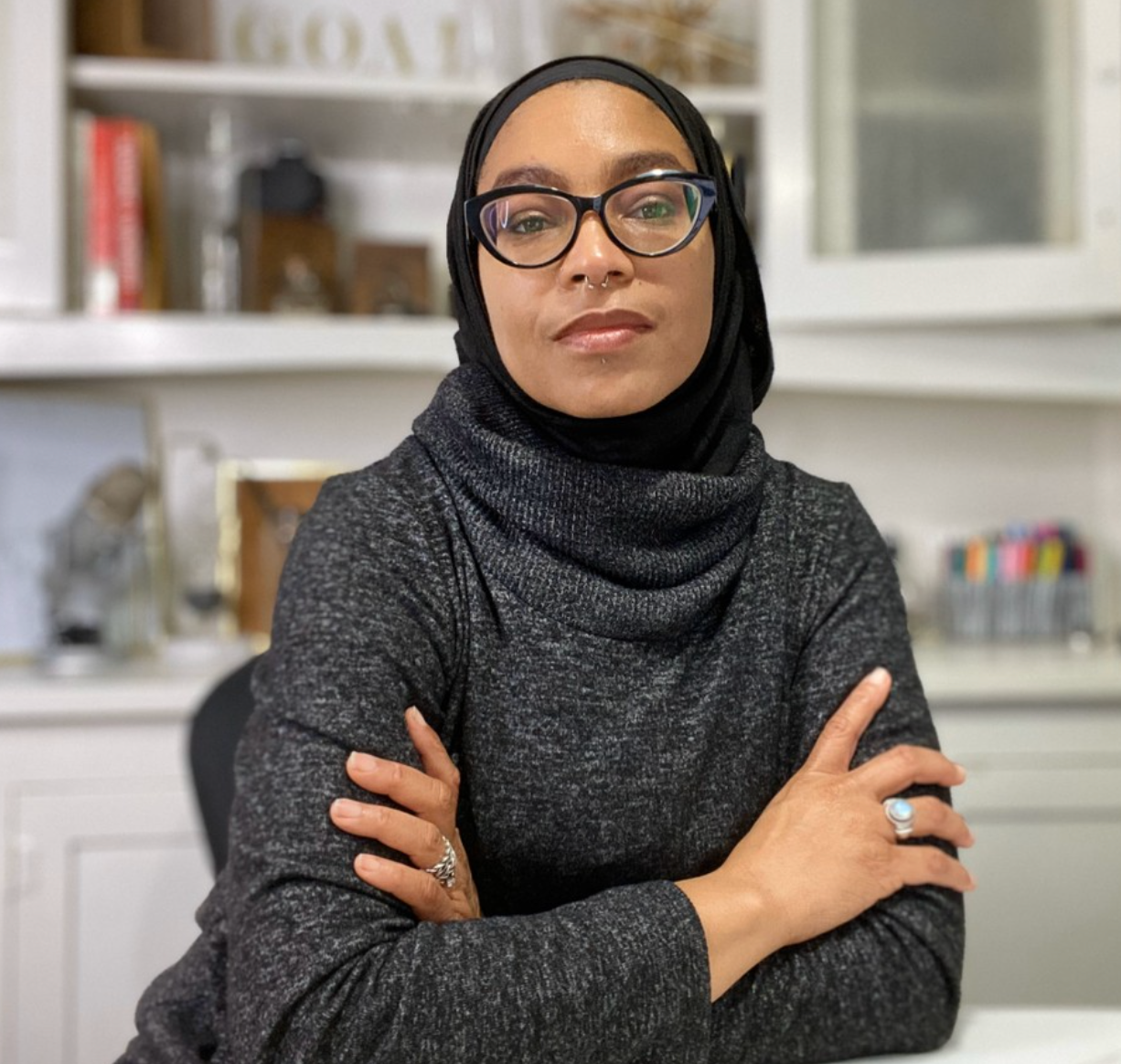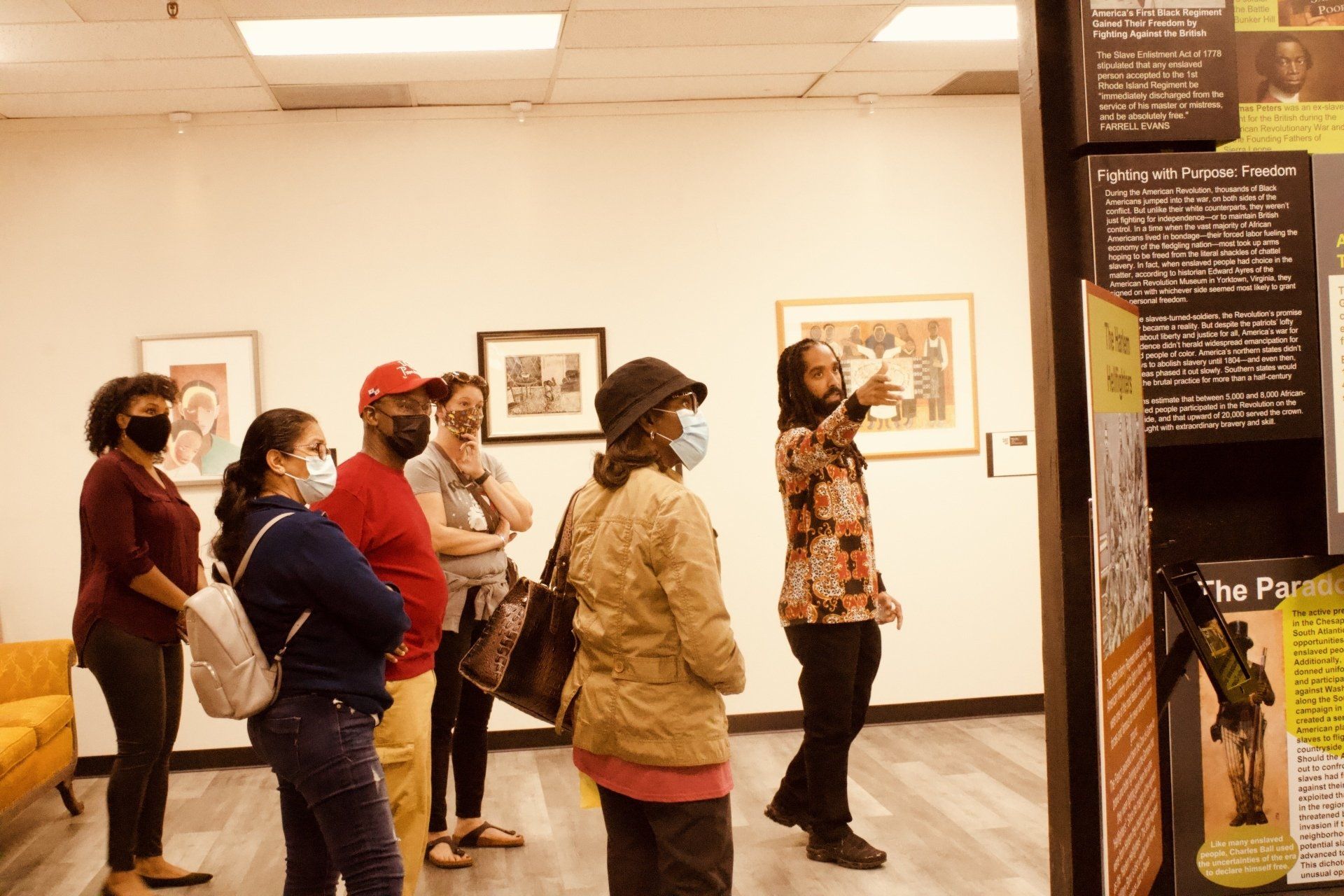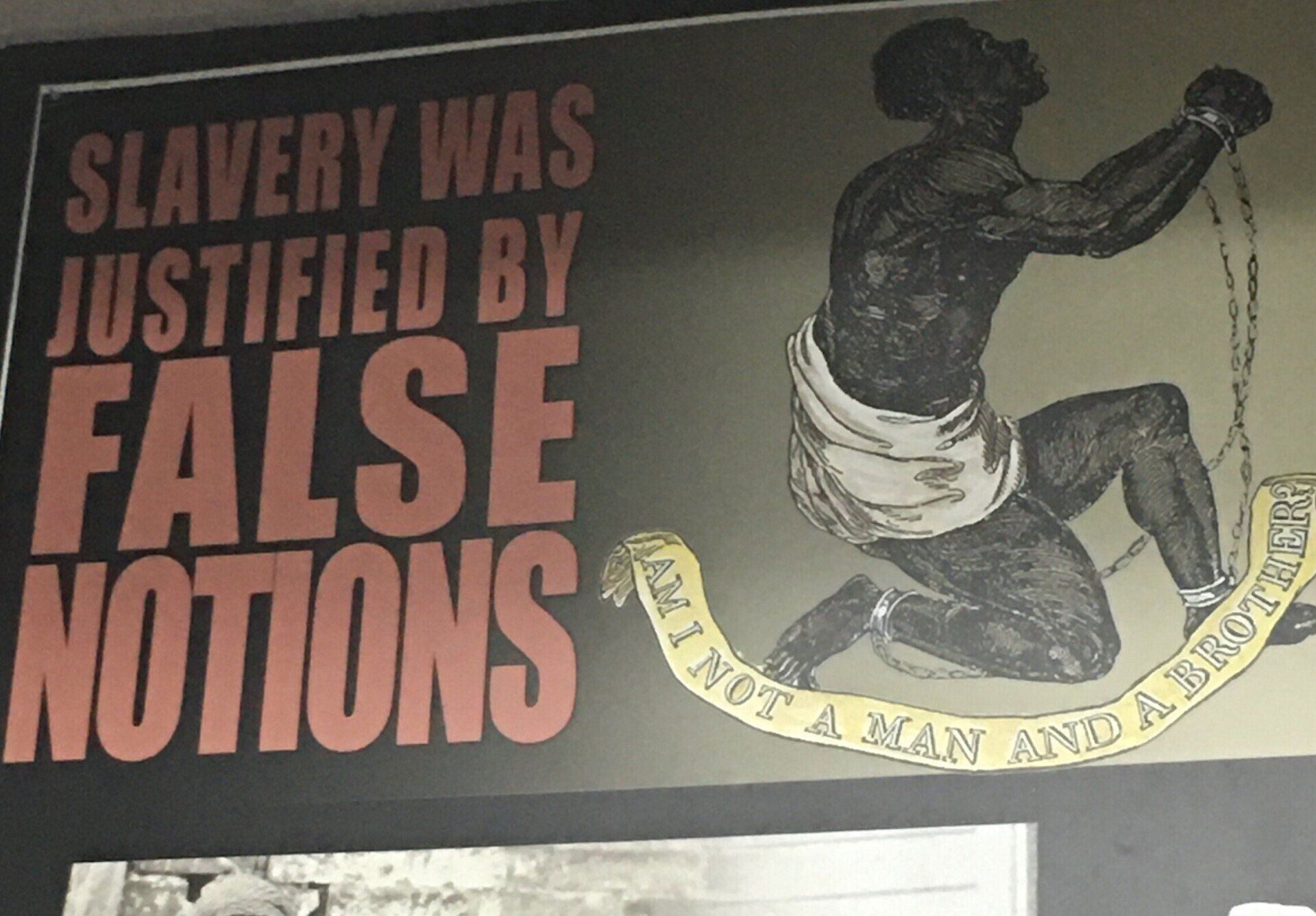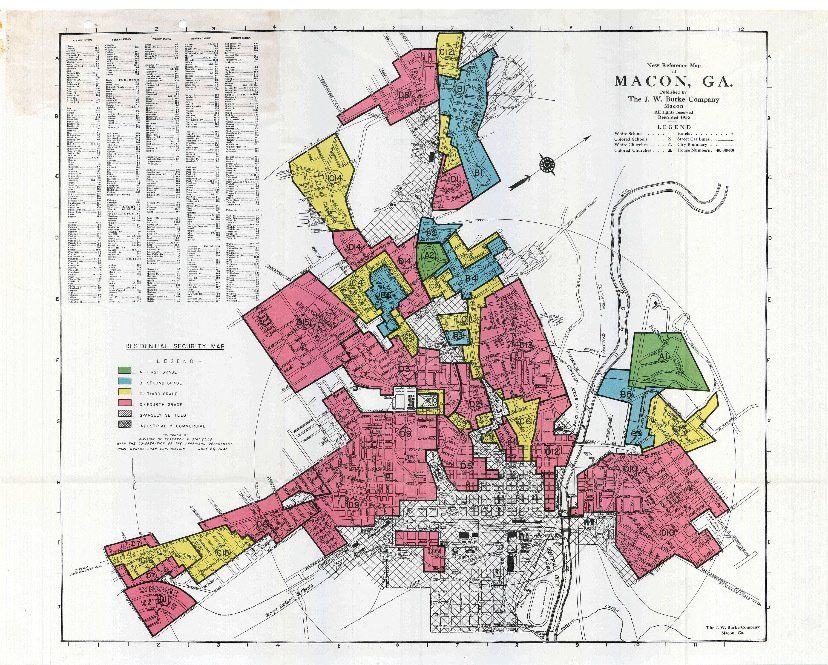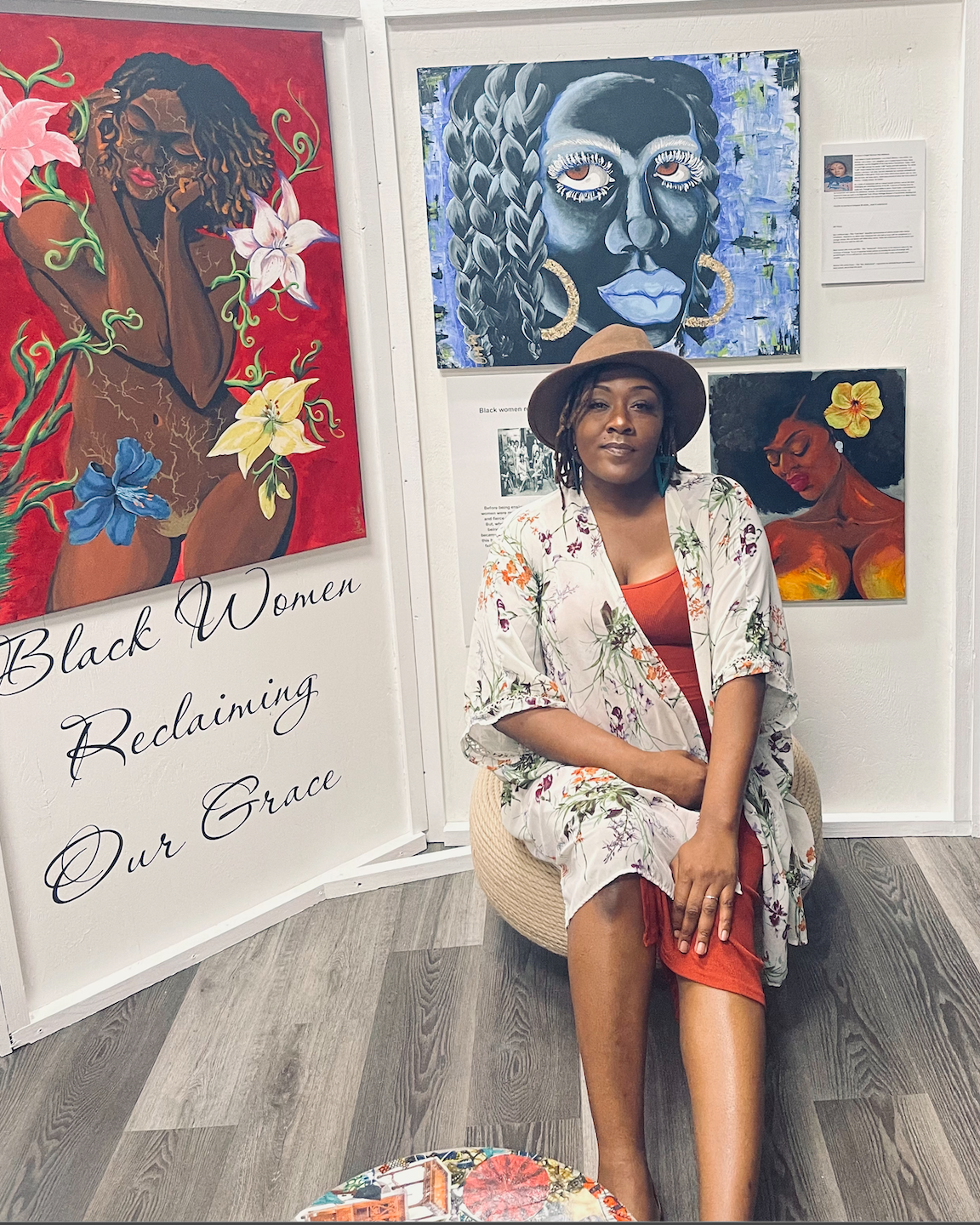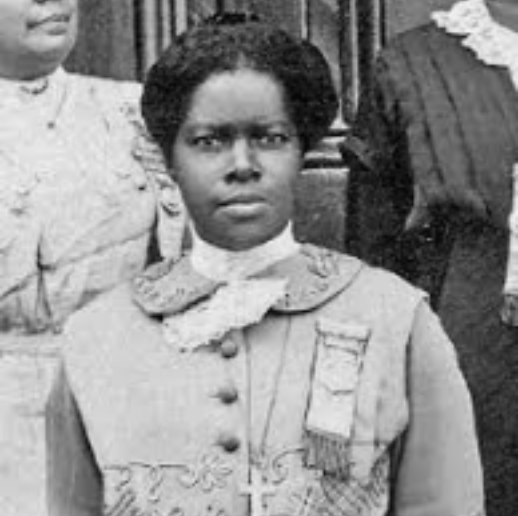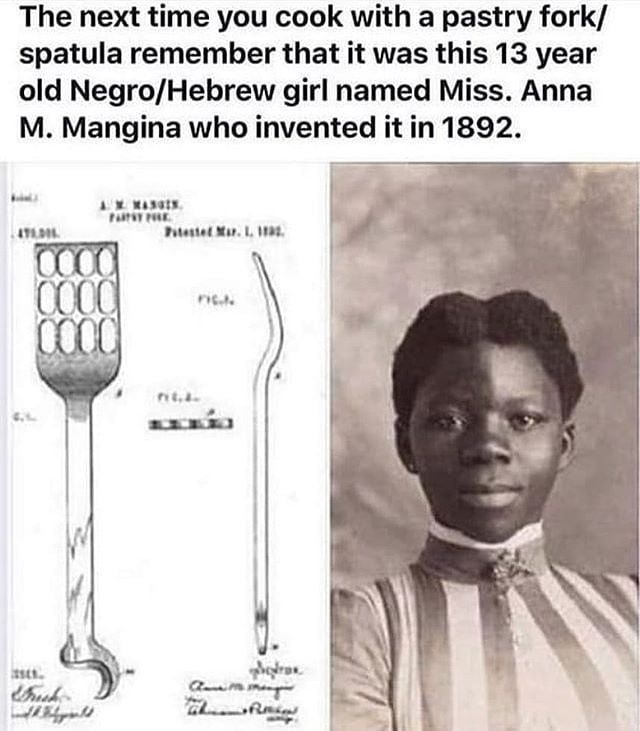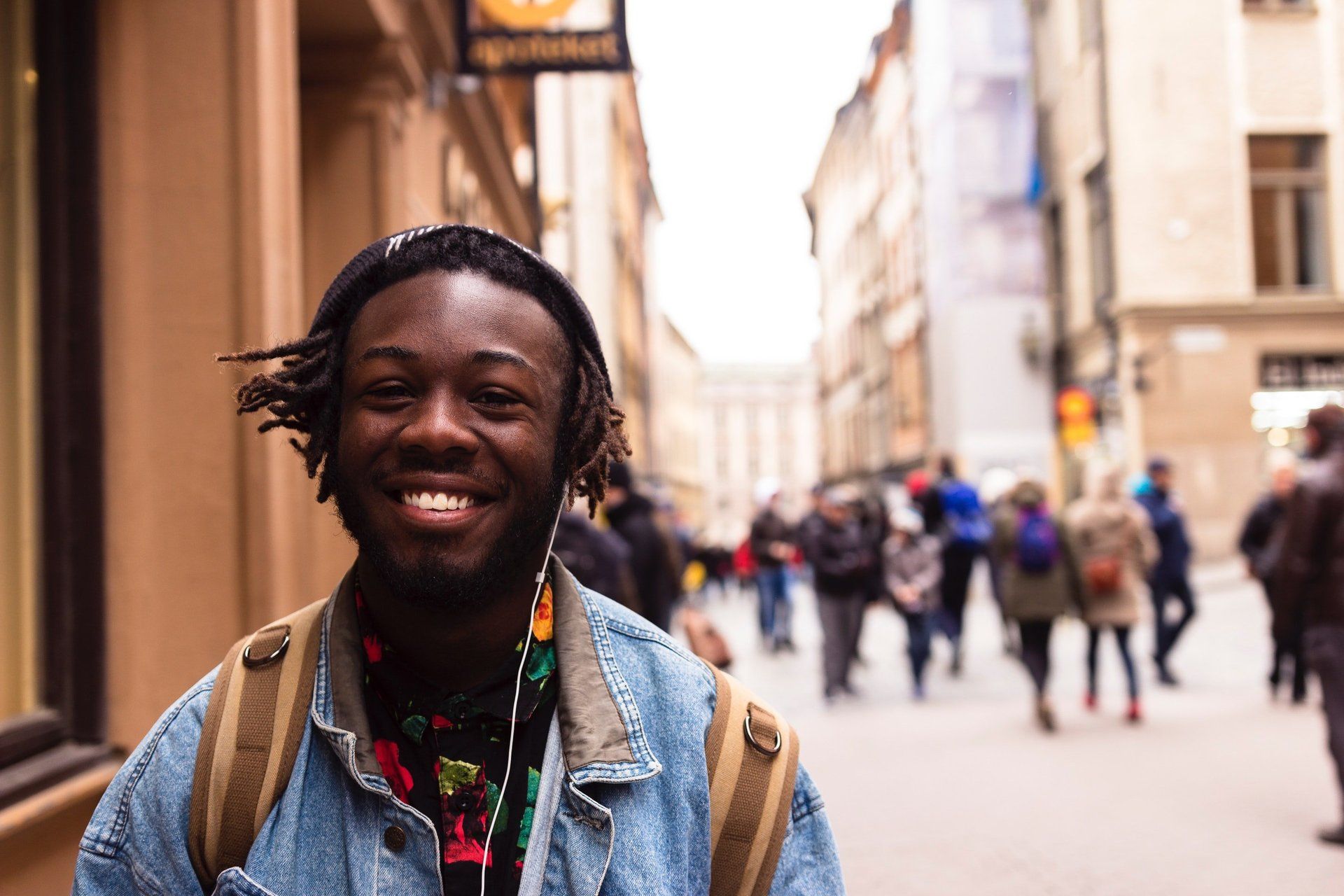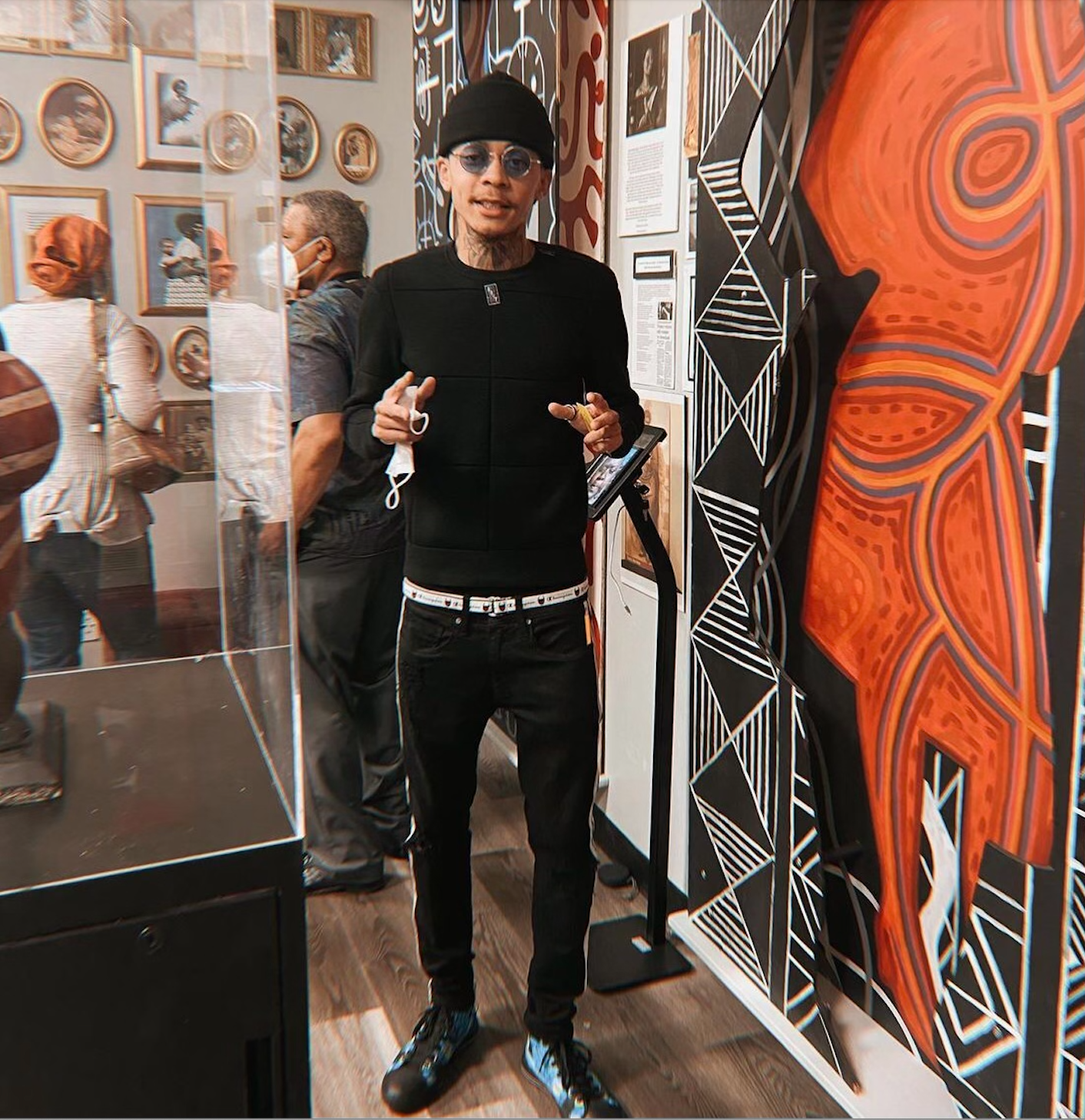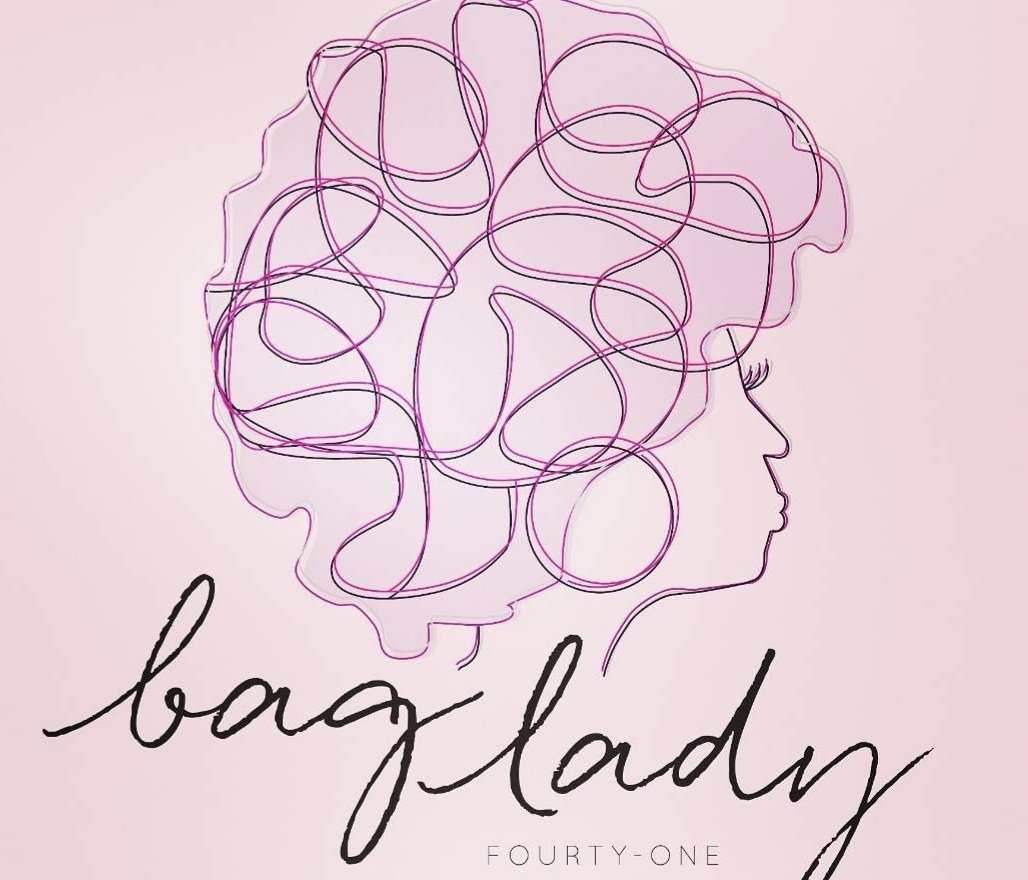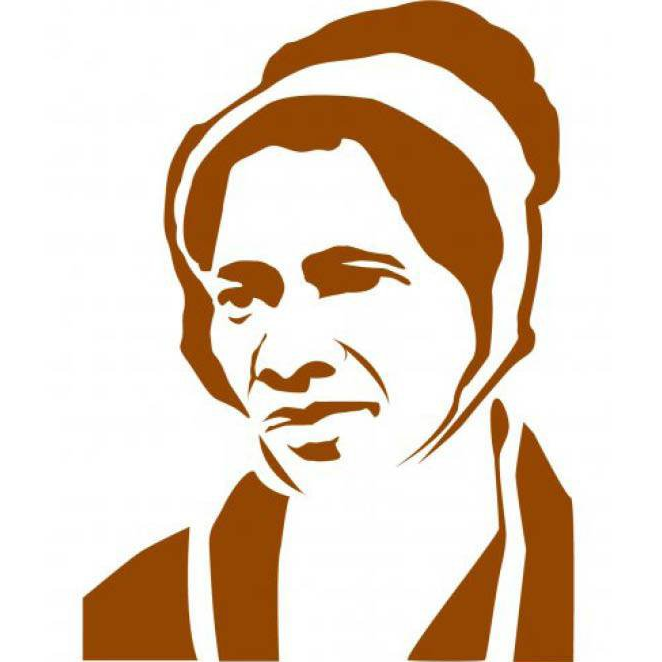Sojourner Truth African Heritage Museum is pleased to formally offer Aisha Abdul Rahman the Archivist Fellow position based on her impressive background. Aisha Abdul Rahman is a dedicated scholar who is profoundly committed to advancing equitable access to information, preserving cultural heritage, and promoting social justice. With a unique blend of expertise in Library and Information Science (LIS) and the digital arts, she is a driving force in leveraging technology for positive societal transformation. Aisha's passion centers around her work in the digital preservation of African and African-American heritage within Museums, Libraries, and Archives. Aisha's academic journey is marked by her dual background in Library and information science Project Management and the digital arts. This diverse foundation empowers her to explore innovative ways of merging technology and heritage preservation to effect change. Her research interests converge at the intersection of technology, cultural heritage preservation, and social equity. In particular, Aisha is captivated by the potential of browser-based virtual worlds to bridge historical gaps, amplify the narratives of marginalized communities, and advocate for social justice. The Archivist Fellow will receive training for best practices in archives stewardship in collaboration with the City of Sacramento Public Library Archives, Martin Luther King AISHA ABDUL RAHMAN Jr. Library, and Community Engagement Services Sacramento Public Library.
The Archivist Fellow will be assisting the Museum to digitize historical records and create metadata for them. As an Archivist Fellow, she will provide a professional development presentation on Pop Up Research Station CAFE, help catalog the Museum's collection, establish a comprehensive system, and create a training manual for the museum and resource and media center team. She will also write one article for publication on the Museum's website and submit a final report at the end of the semester.
The Institute of Museum and Library Services is the primary source of federal support for the nation's libraries and museums. We advance, support, and empower America's museums, libraries, and related organizations through grant-making, research, and policy development. Our vision is a nation where museums and libraries work together to transform the lives of individuals and communities.
To learn more, visit www.imls.gov and follow us on Facebook.
